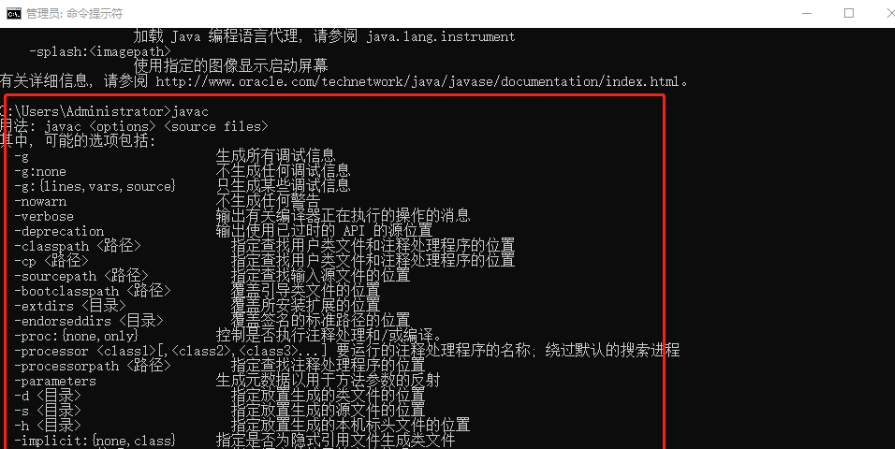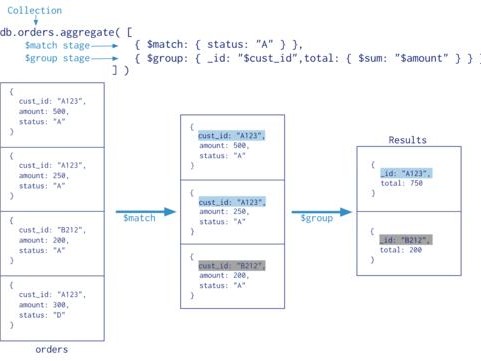查看原文
文章目录
- 一、基于 Windows 10 系统 安装配置 JDK8
- 二、基于 CentOS7 系统安装配置 JDK8
一、基于 Windows 10 系统 安装配置 JDK8
(1)打开 JDK下载网站,根据系统配置选择版本,这里选择windows 64位的版本,点击下载(这里需要注册Oracle用户,并登录才可以下载)

(2)下载完成后,【右键】-【以管理员权限运行】,然后点击【下一步】

(3)继续点击【下一步】

(4)继续点击【下一步】

(5)点击【关闭】完成安装

(6)找到安装java的位置,复制路径,比如这里 C:\Program Files\Java\jdk1.8.0_291
(7)在桌面找到【此电脑】-【右键】-【属性】,然后点击【高级系统设置】

(8)点击【高级】-【环境变量】

(9)点击【新建】,然后设置JAVA_HOME环境变量,变量值为步骤6中找到的jdk的安装路径,然后点击确定

(10)继续新建CLASSPATH变量,其值为 .;%JAVA_HOME%\lib\dt.jar;%JAVA_HOME%\lib\tools.jar ,注意起止位置有一个点和分号

(11)找到Path变量,双击打开,然后点击【新建】,新建如下两个值%JAVA_HOME%\bin 和 %JAVA_HOME%\jre\bin

(12)关闭cmd窗口,重新打开cmd窗口,执行 java -version,如下表示java已经安装成功了

(13)在cmd中继续执行javac,如下表示jdk环境变量已经完全配置OK了

二、基于 CentOS7 系统安装配置 JDK8
(1)下载JDK安装包
打开 jdk下载地址,找到linux下64位的安装包,点击下载(注意此步骤需要注册Oracle账号并登录
(2)、将安装包上传至服务器,然后解压
tar -zxvf jdk-8u331-linux-x64.tar.gz
(3)将解压文件夹移动至 /usr/local/目录下
mv jdk1.8.0_331 /usr/local/
(4)、配置环境变量
vi /etc/profile
在文件末尾增加以下内容
export JAVA_HOME=/usr/local/jdk1.8.0_331 export PATH=$JAVA_HOME/bin:$PATH export CLASSPATH=.:$JAVA_HOME/lib/dt.jar:$JAVA_HOME/lib
(5)、使环境变量生效
source /etc/profile
(6)查看java版本号
[root@iZbp1flzt6x7pxmxfhmxeeZ pkg]# java -version java version "1.8.0_331" Java(TM) SE Runtime Environment (build 1.8.0_331-b09) Java HotSpot(TM) 64-Bit Server VM (build 25.331-b09, mixed mode) [root@iZbp1flzt6x7pxmxfhmxeeZ pkg]#
(7)执行javac,如下表示环境配置已经配置OK
[root@iZbp1flzt6x7pxmxfhmxeeZ pkg]# javac Usage: javac where possible options include: -g Generate all debugging info -g:none Generate no debugging info -g:{lines,vars,source} Generate only some debugging info -nowarn Generate no warnings -verbose Output messages about what the compiler is doing -deprecation Output source locations where deprecated APIs are used -classpath Specify where to find user class files and annotation processors -cp Specify where to find user class files and annotation processors -sourcepath Specify where to find input source files -bootclasspath Override location of bootstrap class files -extdirs Override location of installed extensions -endorseddirs Override location of endorsed standards path -proc:{none,only} Control whether annotation processing and/or compilation is done. -processor [,,...] Names of the annotation processors to run; bypasses default discovery process -processorpath Specify where to find annotation processors -parameters Generate metadata for reflection on method parameters -d Specify where to place generated class files -s Specify where to place generated source files -h Specify where to place generated native header files -implicit:{none,class} Specify whether or not to generate class files for implicitly referenced files -encoding Specify character encoding used by source files -source Provide source compatibility with specified release -target Generate class files for specific VM version -profile Check that API used is available in the specified profile -version Version information -help Print a synopsis of standard options -Akey[=value] Options to pass to annotation processors -X Print a synopsis of nonstandard options -J Pass directly to the runtime system -Werror Terminate compilation if warnings occur @ Read options and filenames from file [root@iZbp1flzt6x7pxmxfhmxeeZ pkg]#









